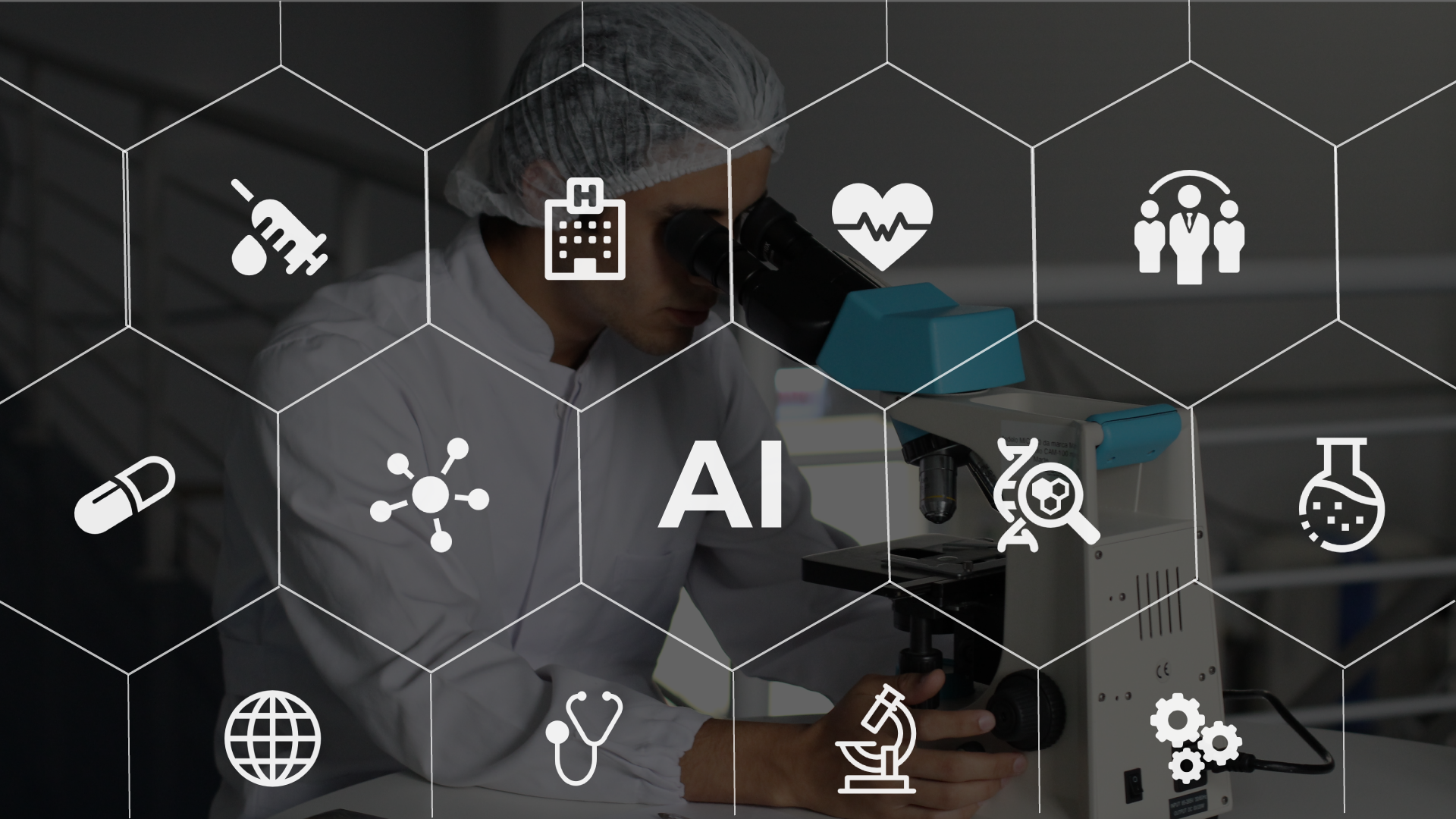Artificial Intelligence is a very interesting aspect of technology which enables machine or computer systems to perform tasks which require human thinking and intellect, like visual perception, speech recognition, decision-making and interpretation of different languages. Besides these learning, reasoning and self-correction are also some awesome features of AI machines.
It is a matter of fact that health care covers a wide chunk of fields like medicine, biotechnology, pharmacy, psychology, genetics, and bioinformatics and AI is interrogated into each in one way or the other.
In health care, AI is rudimentary for managing and analyzing data, making decisions and conversations and thus providing a great helping arm for practitioners in general.
History
Before we dig deeper into the role of AI in healthcare though, let’s drive together on the road of history to see where it all started. In the 1960s, extensive research bore the fruit of making the first problem-solving program, Dendral. Its basic purpose was to evaluate hypothesis formation and it was to be used by pioneers of organic chemistry to identify unknown samples via their mass spectra and properties. A team of highly creative research associates at Stanford University wore the badge of honor for introducing and using this software.
Several systems then derived from this primary one, like MYCIN, which was also developed at Stanford and was capable of applying AI to identify infectious bacteria and the respective dosage of antibiotics required to erase them.
These early events catalyzed the further development of AI in healthcare, applying algorithms to accommodate sparse data and conquer new levels of assessment techniques required in healthcare.
Improvements over this half-century period
- Better computer performance yielding speedy data collection and processing.
- Growth of genomic sequencing databases
- Improved natural language processing computer vision and ability to mimic human processes.
- Precise robot-assisted surgery.
- Availability of large amounts of data from healthcare devices.
These are just a few of the ameliorations that the field of healthcare has experienced on behalf of AI.
Current Research
Various fields of medicine have inculcated AI into their procedures and achieved improvement.
- Radiology this field has grasped the most popular so far, having acquired the adeptness to interpret imaging results and detecting minute changes which could otherwise be easily missed by the human eye. Algorithms with higher resolution have been implemented to detect diseases like pneumonia with better accuracy.
- Telehealth or Telemedicine has provided immense ease and convenience. It involves the distribution of health-related services and information through electronic and telecommunication technologies. It bridges the gap when rural areas, lacking transport, immobility or less staff pose as a barrier. AI comes in handy one wears a monitoring device constantly to assess levels of chemicals in his body.
- Electronic health records It is important for permanent saving and security of data, but equally problematic for users due to cognitive overload, hacking issues or burnout. HER data can also be used to predict individual treatment response with a 72 percent accuracy.
- Industry the use of AI in healthcare industry section could be another article altogether, such vast and detailed are the applications. The main focus of AI in the health sector is in the clinical decision support systems, several industrial Giants are widely in use of these systems.
- Microsoft’s Hanover project, in partnership with Oregon Health and Science University’s Knight Cancer Institute, analyzed medical research to predict the most effective cancer drug treatment options for patients.
- Google’s DeepMind is being used by the UK National Health Service to detect certain health risks through data collected with the use of a mobile app.
- Apple Iphone’s health app keeps track of users’ activities and he can check and analyze his lifestyle, monitoring heart rate Pulse, and steps taken in a day.
Benefits of AI in Healthcare
- Used a diagnostic tool
- Can identify stages of cancer
- Drug discovery
- Assessing the effectiveness of chemotherapy in cancer patients
- Keeping doctors up-to-date in clinical research
- Data management
- Optimizing schedules of patients and doctors.
Future of AI in Healthcare
AI’s transformative power is reverberating across numerous industries but has reached stardom in the health industry particularly.
The total public and private sector investment in health care AI is stunning; All told, it is expected to reach 6.6 billion dollars by 2021. Even more staggering, it is predicted that the top AI applications may result in annual savings of 150 billion dollars by 2026.
AI has the potential to solve the dilemma of the “iron triangle”, which includes three interlocking factors: access, affordability, and effectiveness.
Other future uses include Brain-computer interfaces (BCI) to help affected patients to move and speak. Virtual nursing assistants are predicted to become common, answering patient queries and decreasing tedious hospital visits.
In short, AI in healthcare is predicted to decrease medical costs and improve the quality of medical services.

Aniqa Mazhar is a graduate of QAU in Biochemistry. She has taught sciences to O levels and is currently planning for her MS in Food Technology. Aniqa’s hobbies are reading, watching movies, writing, calligraphy, long walks, and nature photography.

